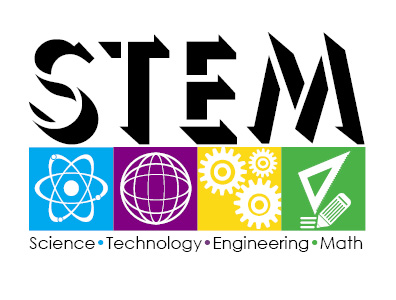 This week we are switching gears to the K-12 sector in Christian education. It is a delight to feature George Sanker, Headmaster of Covenant School in Charlottesville, VA and his perspective on STEM and liberal arts programs in Christian schools.
This week we are switching gears to the K-12 sector in Christian education. It is a delight to feature George Sanker, Headmaster of Covenant School in Charlottesville, VA and his perspective on STEM and liberal arts programs in Christian schools.
When I accepted the position of Headmaster at The Covenant School in Charlottesville, VA, I was excited about the opportunity to implement my vision of a Christian Liberal Arts and Sciences educational philosophy at the school. Based on years of study, research and experience in classical charter schools, I believe strongly that the highest and best form of education is one which includes all the disciplines and highlights the connections across the disciplines. It is an educational model which is rooted deeply in centuries of scholarly tradition and a time-tested understanding of humanity, that we are an integrated whole of body, mind, and spirit. This educational approach is informed by and framed within something beyond human intellect; it finds its meaning principally in the transcendent revelation of God in the person of Jesus Christ.
But educators are constant “tinkerers,” looking for reforms which seem—and sometimes are—more effective or relevant. Often the current winds of culture drive these changes. Such, I believe, is the present emphasis of MESA and STEM programs that are proliferating across the country.
MESA stands for Mathematics, Engineering, Science Academy (or Achievement). It is similar to the acronym STEM (Science, Technology, Engineering, Mathematics). Both come from a fairly recent trend across education which gives increased focus and importance to mathematics, sciences, and related courses. Behind this trend is the surge of technology in our lives, the projected need for tech-related jobs in the 21st century, and even concerns for national security. Currently the federal government is giving significant funding for MESA/STEM programs to shore up what is perceived as a potential threat to our nation’s well-being and economic future. At the same time, a recent New York Times article indicated that funding for humanities is dropping around the globe.
This narrowed science/technology emphasis is being seen at the primary, secondary, and college levels. But even at the college level where such narrowing of focus might seem appropriate, some voices are raising concerns. Teresa Sullivan is one and I am proud to have her in my community in Charlottesville.
At a November 2013 Council of Colleges of Arts and Sciences Annual Meeting, University of Virgina President Teresa Sullivan gave a keynote address entitled “Liberal Arts in the STEM Era,” in which she argued for the essential role that the liberal arts play in preparing students for the work world. She cited three groups: long-time alumni who were successful business leaders, younger alumni in their first decade of work, and a recent survey of 300 CEOs. All three groups underscored the value of a liberal education which gives a broad array of learning and skills. One
business leader remarked, “I can teach a new employee the work, but I can’t teach him how to think.” Similarly 95% of the CEOs surveyed said they would graduates who could think clearly, problem solve, and communicate well.
Another voice raising questions about this narrowing of education is Heather Wilson. Ms. Wilson is a former U.S. Representative to for New Mexico, a graduate of the Air Force Academy, and a Rhodes Scholar. For over twenty years, she has served on the selection committee for the Rhodes Scholarship. In a 2011 article in the Washington Post, she expressed concern about the specialization trend in undergraduate programs: “As a result, high-achieving students seem less able to grapple with issues that require them to think across disciplines or reflect on difficult questions about what matters and why.”
These are a few of the voices urging caution in a narrowing of study even at the college level. Clearly this caution should also be heeded at primary and secondary schools, taking care to avoid a pre-professional mentality. I believe the Pre-K-12 level is a time to cultivate students’ curiosity, imagination, and sense of wonder.
The sciences are an essential, integrated part of the Christian liberal arts and sciences. Watch future blog articles for more about our science program as well as articles which will clarify the nature of a liberal education and why a Christian education matters.
